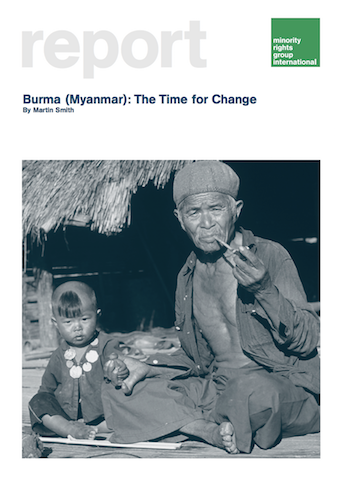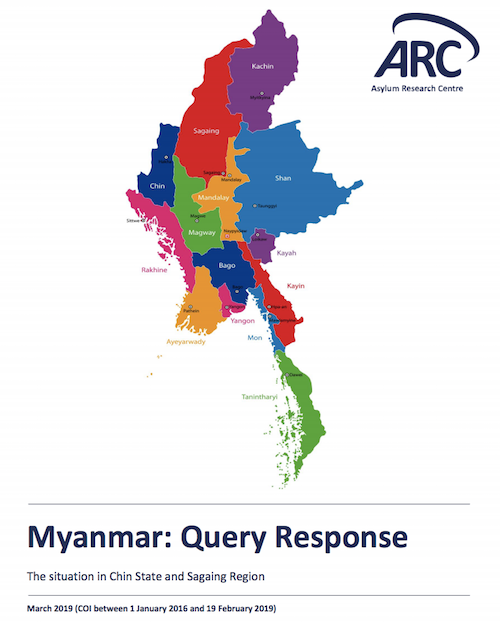Shifting Cultivation in Myanmar: Case Studies from Southern Chin State and Bago Division
$0.00
Description
Abstract:
Shifting cultivation is an important livelihood strategy of millions of people in Myanmar. Various ethnic groups throughout the country practice unique styles of this system, which are adapted to their specific local ecological and social conditions. In Myanmar, an estimated 2 million families depend on shifting cultivation for their livelihoods.1 Despite its continuing importance to many people’s livelihoods in Myanmar, shifting cultivation has not been officially recognized and supported in Myanmar to date. This study was carried out in order to promote a better understanding of this type of agro-forestry system and to feed into the current policy and legislative discussion about land governance—which is central to Myanmar’s current reforms. The research objectives include the following: a. To understand how shifting cultivation is carried out, and the value it contributes to local livelihoods b. To give a basic understanding about shifting cultivation as there are still popular prejudices against shifting cultivation, in particular the perception that it leads to deforestation c. To derive recommendations from the findings in order to contribute to policy discussions about ethnic customary land use systems This comparative field research covers the Taung Nyo mountain range in Western Bago Division and Kanpetlet Township in Southern Chin State and demonstrates the diversity, challenges and strengths of Myanmar’s shifting cultivation systems. This paper describes the environmental conditions and management strategies employed in both cases, including ecological and climatic conditions, crop choice, seasonal and annual livelihood patterns, and community governance of land allocation and use. The cases show that shifting cultivation does not, by itself, lead to deforestation when there is sound regeneration of the forest due to systematic practice of shifting cultivation and a long enough fallow period of about 8 to 9 years in Kanpetlet. However, challenges such as climate change, population growth and other factors, such as illegal logging in Bago and the orchid trade in Kanpetlet, have in recent years contributed to deforestation. These cases highlight the need for more research on shifting cultivation systems throughout the country, as well as for policies that recognize and support existing systems while supplementing traditional livelihoods strategies in response to new pressures. The study concludes that shifting cultivation is essential for communities’ livelihoods, food security, social and cultural institutions. The recognition and protection of this system by law is crucial for food security, maintaining of culture and customary good practices and their identity.
You must be logged in to post a review.
Related products
-
$0.00
-
$0.00
-
-
$0.00








Reviews
There are no reviews yet.